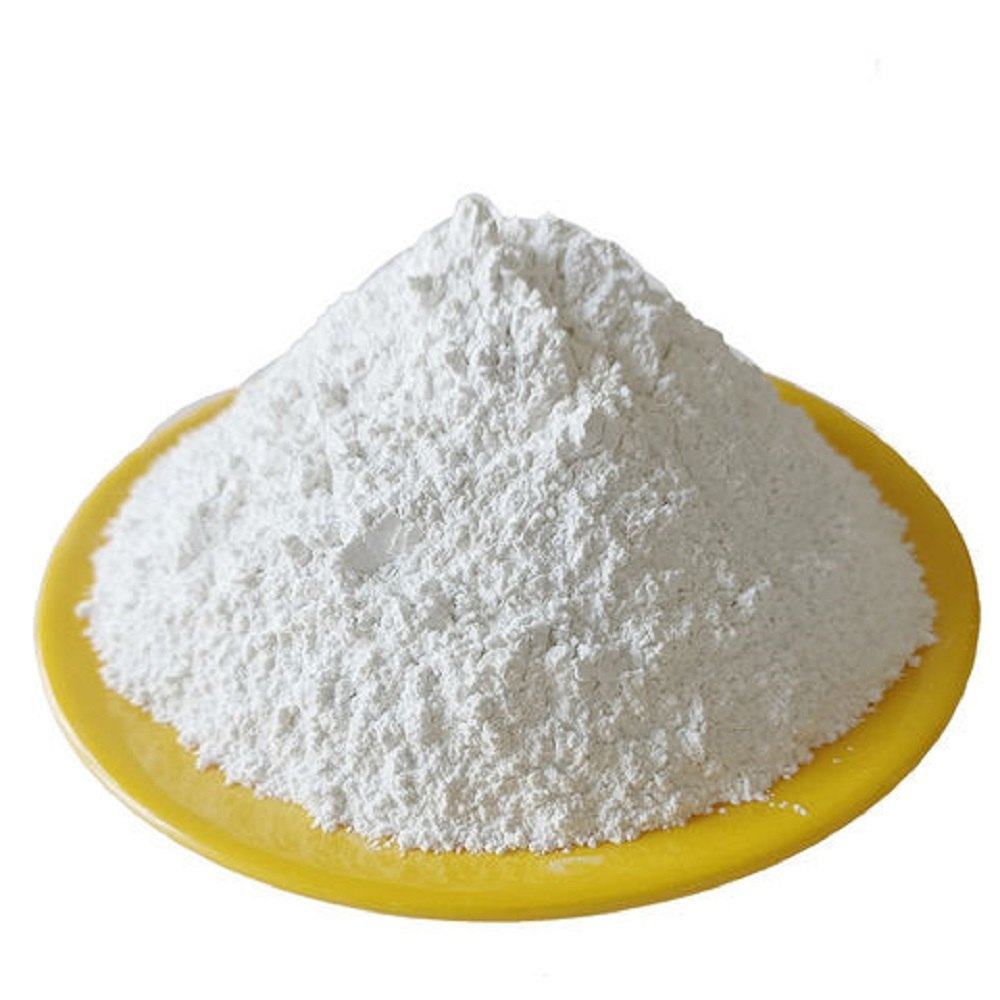Rubber products are essential in many industries, ranging from automotive to construction. To make these products stronger, more flexible, and durable, various additives are used during manufacturing. One of the most effective and commonly used materials is activated calcium carbonate. It improves the properties of rubber and enhances its performance in different applications.
Enhancing Durability and Strength
In rubber production, durability and strength are crucial factors. Activated calcium carbonate is known for significantly improving these aspects. When added to rubber compounds, it increases their resistance to wear and tear. This means that products such as tires, seals, and gaskets last longer and can withstand harsh conditions. The material helps rubber maintain its shape and flexibility, ensuring that it performs well even after extensive use.
Improving Elasticity and Flexibility
Rubber is valued for its elasticity, which allows it to stretch and return to its original form. The use of activated calcium carbonate in rubber manufacturing enhances this natural property. It helps the rubber become more flexible, making it easier to shape and mold during the production process. This improvement in elasticity also benefits the end products, allowing them to be used in applications where flexibility is key, such as in hoses, belts, and various industrial components.
Cost-Effective Manufacturing
Another significant advantage of using activated calcium carbonate in rubber products is the cost savings it offers. By incorporating this material into rubber compounds, manufacturers can reduce the amount of expensive raw materials needed. It acts as a filler, allowing companies to use less rubber while maintaining the same quality and performance. This cost-effective approach not only makes production more affordable but also benefits consumers by lowering the price of rubber goods.
Enhancing Resistance to Heat and Chemicals
Rubber products often need to perform well under high temperatures or in environments where they are exposed to chemicals. Activated calcium carbonate helps rubber resist degradation caused by heat and chemicals. It increases the material’s stability, preventing it from breaking down or becoming brittle when subjected to extreme conditions. This makes rubber products more reliable for use in industries like automotive and construction, where heat resistance and chemical durability are essential.
Environmental Benefits
The use of activated calcium carbonate in rubber products also has environmental advantages. By improving the efficiency of rubber production, manufacturers can reduce waste and energy consumption. Additionally, since it acts as a filler, less natural rubber is required, which helps in the conservation of rubber trees. This makes the production process more sustainable and eco-friendly.
Improving Surface Finish and Quality
The addition of activated calcium carbonate to rubber can improve the surface finish and overall quality of the final product. It helps create smoother and more uniform surfaces, which is important for items like tires and seals that need to have consistent textures for effective functioning. This improvement in surface quality also enhances the aesthetic appeal of rubber products, making them look and feel more refined.
Conclusion
Activated calcium carbonate plays a vital role in the production of high-quality rubber products. By enhancing durability, elasticity, and heat resistance, it ensures that rubber goods meet the demands of various industries. Additionally, it offers cost savings and environmental benefits, making it a valuable material for manufacturers. Incorporating activated calcium carbonate into rubber manufacturing not only improves the product’s performance but also contributes to a more sustainable production process.

